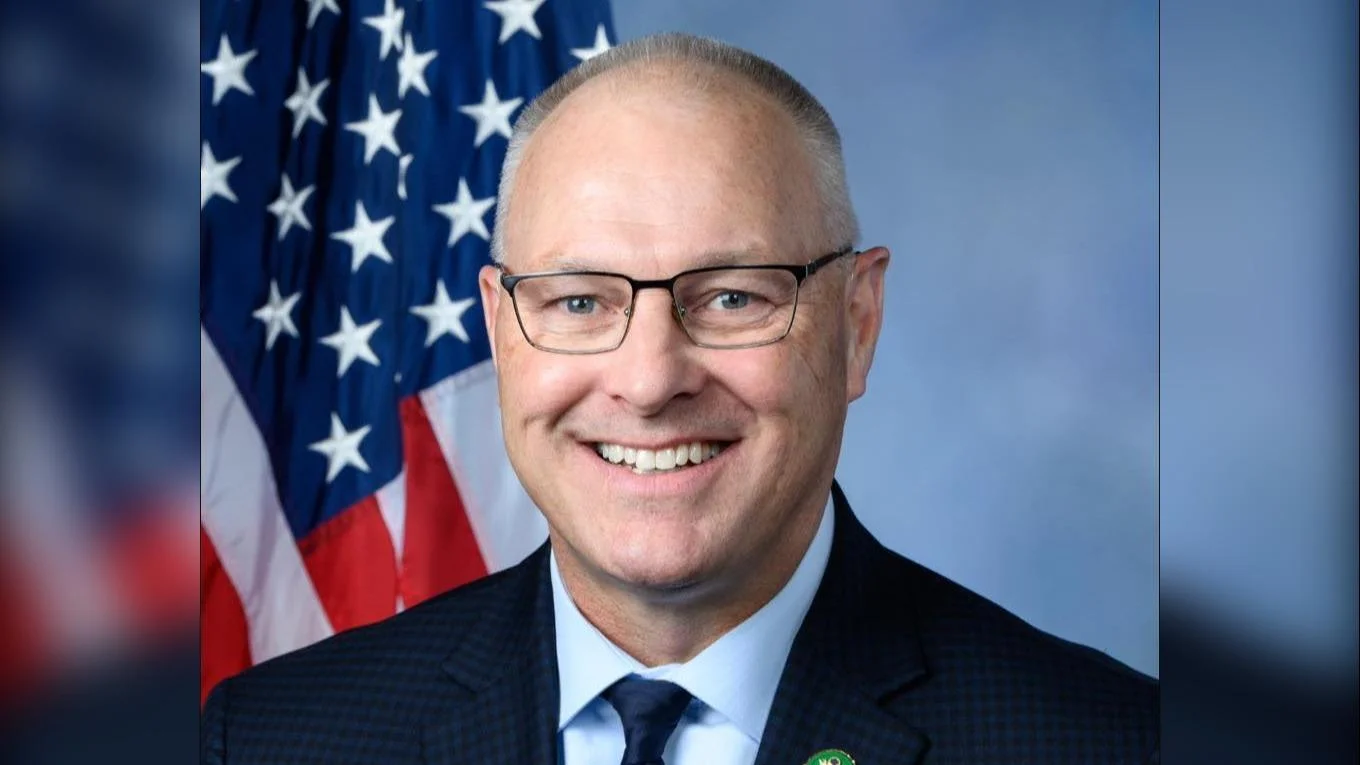U.S. Rep. Pete Stauber representing Minnesota's 8th Congressional District | Official U.S. House headshot
U.S. Rep. Pete Stauber representing Minnesota's 8th Congressional District | Official U.S. House headshot
Congressman Pete Stauber, who represents Minnesota’s 8th District in the U.S. House of Representatives, chaired a hearing of the House Natural Resources Subcommittee on Energy and Mineral Resources in Washington, D.C. The hearing focused on six mining-related bills, including legislation Stauber recently introduced to codify provisions from President Trump’s executive orders on mining.
Stauber explained the motivation behind his bill: “While the United States is blessed with many mineral deposits, including a major copper-nickel deposit located right in my district, our burdensome permitting process and the policies implemented by previous anti-mining administrations have kept these critical minerals in the ground and left us increasingly dependent on foreign adversaries like Communist China. Fortunately, President Trump is back in the White House, and he has given us the chance to reverse course by signing Executive Orders to increase American critical mineral production. I am proud to introduce legislation that codifies key provisions of these EOs into law, bringing much needed certainty and consistency to America’s mining policies as we work to achieve mineral dominance.”
The proposed legislation includes several directives for federal agencies:
- It would require the Secretary of the Interior, working with the Secretary of Agriculture, to provide Congress with a list of mining projects on federal lands for which approval applications have been submitted. Priority projects that can be approved immediately would be identified within 10 days.
- The bill also calls for an assessment of active, inactive, and proposed mining projects on federal land that could increase hardrock mineral production or expand operations.
- Another provision directs regulatory review within 90 days to suspend or revise agency actions that hinder domestic mining development. Within 180 days, recommendations would be reported to Congress about changes needed in current law and a nationwide review of regulations impeding exploration.
- The Secretary of the Interior would also report annually on economic impacts related to minerals for which the U.S. relies heavily on imports.
- Finally, it instructs prioritization and reporting regarding detailed geologic mapping efforts across the country.
Pete Stauber has served in Congress since 2019 after replacing Rick Nolan. Before joining Congress, he was a St. Louis County Commissioner from 2013 to 2019 (https://stauber.house.gov/about). Born in Duluth in 1966 and currently living in Hermantown (https://stauber.house.gov/about), Stauber graduated from Lake Superior State University with a BA degree in 1990.
The full hearing is available online.






 Alerts Sign-up
Alerts Sign-up